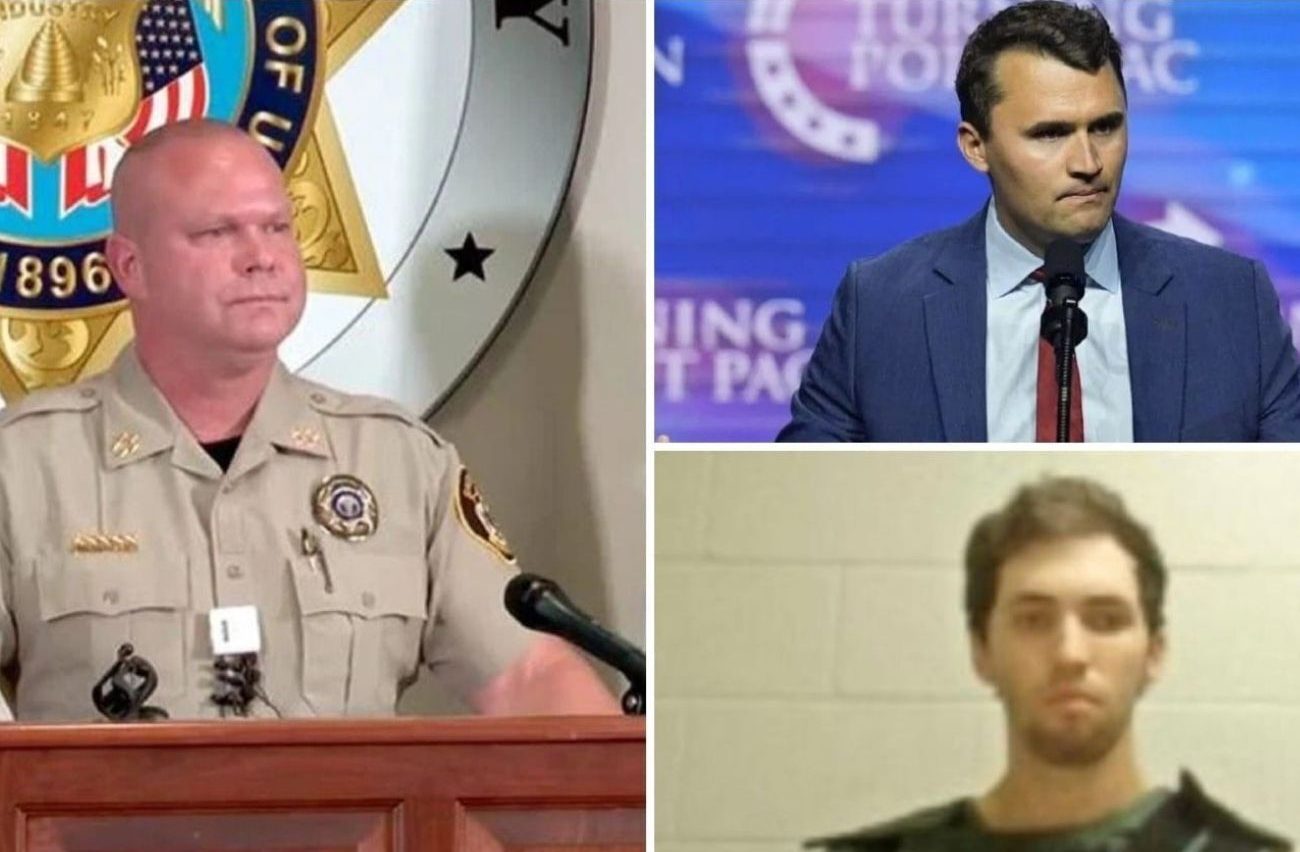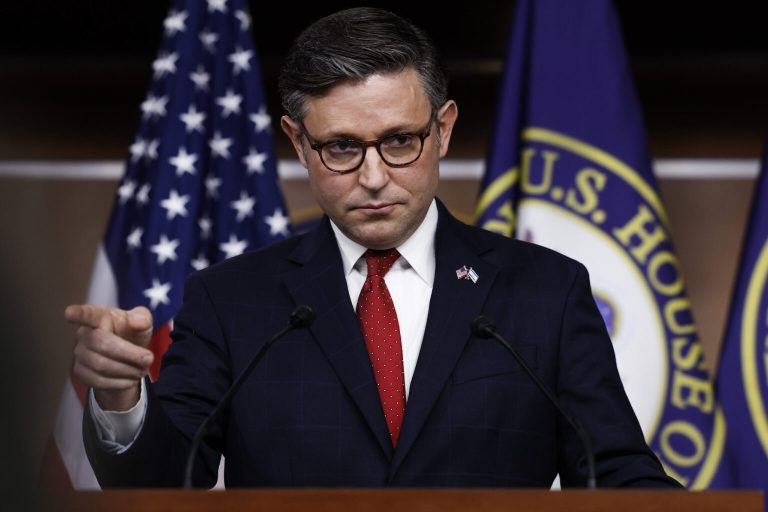It was meant to be a routine college event—a platform for students to hear from a well-known speaker and discuss political activism—but what unfolded on the campus of Utah Valley University in Orem, Utah, on September 10 quickly became a national story. Tyler Robinson, 22, allegedly killed Charlie Kirk, the founder of a prominent youth-focused conservative organization, in what authorities are calling a politically motivated attack.
The incident has left the conservative community in shock, students grappling with trauma, and law enforcement scrambling to understand the sequence of events. The FBI and local authorities have launched an intense investigation, focusing on the suspect’s network, motives, and any possible accomplices.
“A Moment That Changed Everything”
According to court filings and statements from Utah officials, Robinson allegedly acted out of personal animosity toward Kirk. Law enforcement sources say the suspect reportedly expressed frustration with Kirk’s political views in messages to friends and acquaintances. “There appear to have been multiple warning signs,” noted a former law enforcement official familiar with the case.
Robinson is said to have left a chilling note for a roommate prior to the attack, indicating a premeditated plan. “I had the opportunity to take out Charlie Kirk, and I’m going to take it,” the note allegedly read. When questioned, the roommate reportedly confirmed that Robinson admitted to carrying out the attack.
This sequence of events, authorities say, highlights the importance of understanding motive during both the investigation and potential trial. “The motive for the crime is going to be a key factor in the case, especially during the sentencing phase,” a former U.S. Attorney explained. “How jurors view why this was done could influence the outcome dramatically.”
Prosecutors Preparing for Trial
The Utah County District Attorney’s Office is reportedly considering the death penalty, citing the premeditated nature of the alleged attack and the severity of the crime. Officials say prosecutors will present evidence of the suspect’s planning, communications, and intent to the jury, aiming to ensure that every legal avenue is explored.
Court experts emphasize that obtaining a death sentence requires unanimous agreement among the 12 jurors. Any disagreement could result in a life sentence instead. “Even one or two jurors could prevent a death penalty verdict,” one legal analyst said. “That’s why prosecutors focus so much on motive and intent—they want to establish a compelling narrative that supports the ultimate sentence.”
Authorities have described Robinson’s alleged actions as politically charged. Utah Governor Spencer Cox called the killing a “political assassination,” noting that the suspect’s behavior suggested a deliberate attack aimed at a public figure with specific ideological affiliations. Reports indicate that one of the bullets allegedly used had an engraving reading, “Hey fascist, catch,” adding to the perception that political motivations played a role.
The Investigation Expands
In the weeks following the attack, the FBI and local law enforcement have expanded their investigation. Officials are examining Robinson’s online activity, social media contacts, and any communications that might suggest accomplices or prior knowledge of the planned attack. Authorities are also reviewing video footage from the campus and surrounding areas to reconstruct the timeline and understand how the suspect gained access to the event.
FBI Director Kash Patel emphasized that the bureau is leaving no stone unturned. “We’re looking at everyone that was there, that was online, and we’re referring matters to the state prosecution authorities when there’s enough evidence,” he said.
Campus and Community Impact
The incident has left the Utah Valley University community reeling. Students, faculty, and local residents described a scene of chaos and fear. Several eyewitnesses reported seeing law enforcement respond quickly, securing the area and ensuring the safety of attendees. Counseling services were offered to students in the aftermath, and university officials emphasized the need for calm while the investigation proceeded.
“This is a tragedy for our campus and our state,” said one university representative. “Our priority is to support those affected, cooperate with law enforcement, and ensure that justice is served.”
Legal Experts Weigh In
Legal analysts note that Robinson’s case may set important precedents regarding politically motivated crimes and the way motive is presented during the death penalty phase. “The prosecution will likely focus heavily on establishing intent and planning,” a criminal law expert explained. “This includes communications, prior expressions of animosity, and any signs of premeditation. How these elements are framed could determine whether the jury imposes the death penalty or opts for a life sentence.”
Some legal commentators also caution against rushing judgments before the trial. “It’s important to remember that these are allegations at this stage,” one former U.S. Attorney said. “Robinson is entitled to due process, and the court will evaluate the evidence carefully before any sentence is imposed.”
National Reactions and Political Implications
The incident has drawn widespread attention from media outlets, political commentators, and advocacy groups. Many discussions have centered on the implications of political rhetoric and safety at public events. While authorities caution against politicizing the tragedy prematurely, the attack has sparked debates about security measures, online radicalization, and protections for public figures.
Some commentators note that the incident could influence future campus security policies and the way law enforcement assesses threats tied to political activism. Others emphasize that the focus must remain on victims, due process, and ensuring a fair legal process.
Moving Forward
Tyler Robinson is scheduled to appear in court on October 30, where prosecutors will likely outline their evidence and arguments regarding motive, premeditation, and intent. Defense attorneys have indicated that they may challenge certain aspects of the case, including the framing of motive and the admissibility of specific communications.
As the case progresses, authorities and legal experts expect a careful examination of both the guilt and sentencing phases. Observers note that while the alleged actions are shocking, the judicial system provides structured mechanisms to ensure fair evaluation, from preliminary hearings to potential appeals.
In the meantime, the Utah community continues to process the tragic events. Vigils have been held, and organizations supporting victims of violence are offering guidance and counseling. The case remains a poignant reminder of the challenges faced by public figures, the responsibilities of law enforcement, and the importance of a legal system that balances accountability with due process.

Emily Johnson is a critically acclaimed essayist and novelist known for her thought-provoking works centered on feminism, women’s rights, and modern relationships. Born and raised in Portland, Oregon, Emily grew up with a deep love of books, often spending her afternoons at her local library. She went on to study literature and gender studies at UCLA, where she became deeply involved in activism and began publishing essays in campus journals. Her debut essay collection, Voices Unbound, struck a chord with readers nationwide for its fearless exploration of gender dynamics, identity, and the challenges faced by women in contemporary society. Emily later transitioned into fiction, writing novels that balance compelling storytelling with social commentary. Her protagonists are often strong, multidimensional women navigating love, ambition, and the struggles of everyday life, making her a favorite among readers who crave authentic, relatable narratives. Critics praise her ability to merge personal intimacy with universal themes. Off the page, Emily is an advocate for women in publishing, leading workshops that encourage young female writers to embrace their voices. She lives in Seattle with her partner and two rescue cats, where she continues to write, teach, and inspire a new generation of storytellers.









